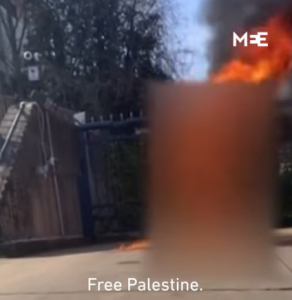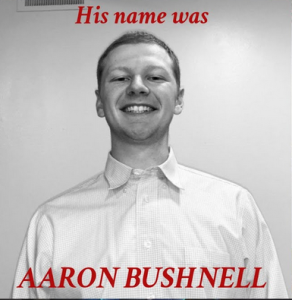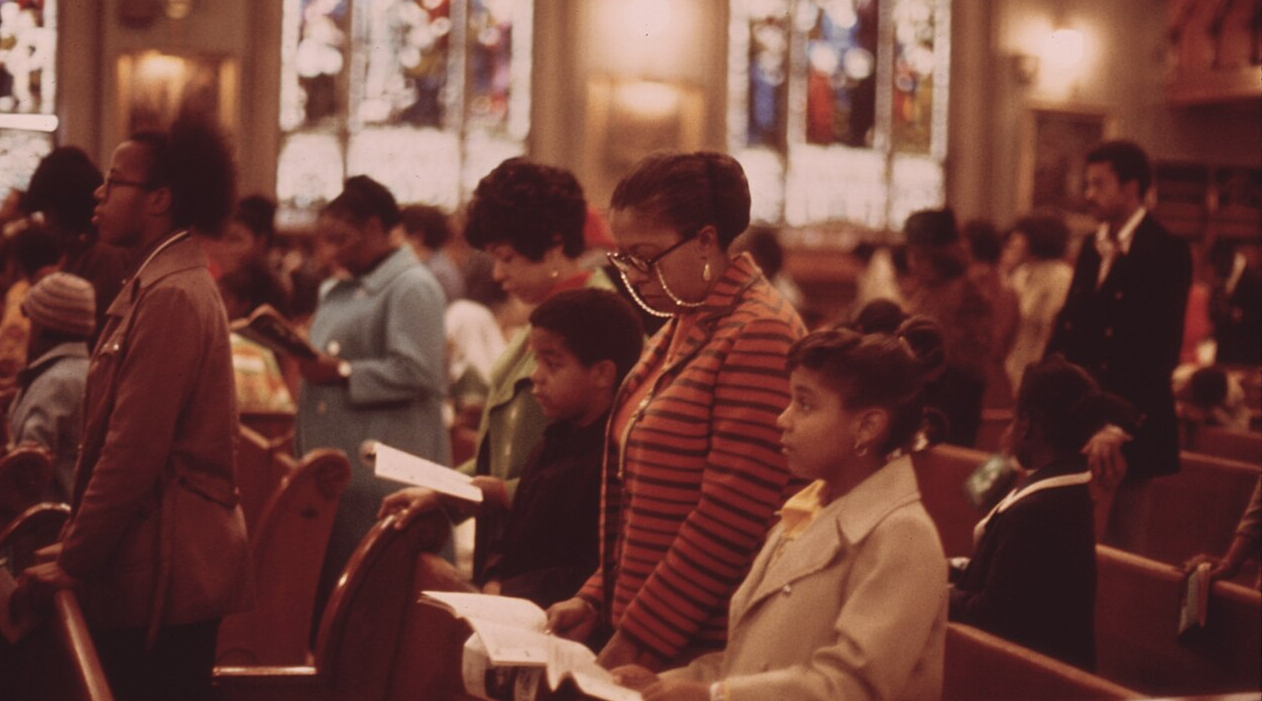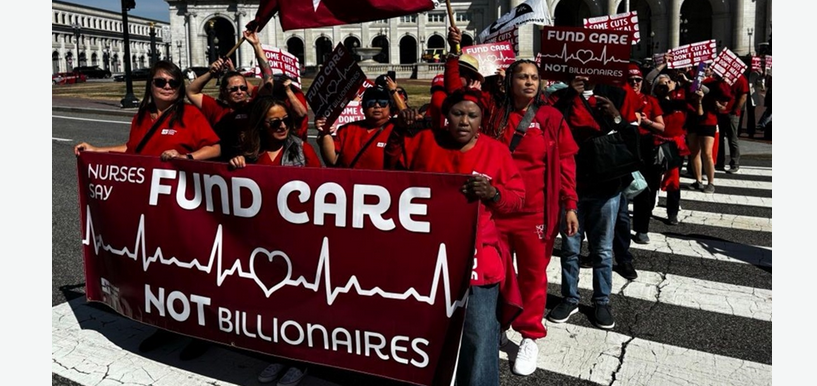By Moira Donegan\The Guardian
Photos: YouTube Screenshots
The horror of it is beyond my capacity to describe. On Sunday afternoon, a US air force airman named Aaron Bushnell doused himself in gasoline outside the Israeli embassy in Washington DC and lit himself on fire. His phone was propped on the ground nearby, livestreaming to Twitch. “I will no longer be complicit in genocide,” Bushnell said. “I am about to engage in an extreme act of protest. But compared to what people have been experiencing in Palestine at the hands of their colonizers, it’s not extreme at all. This is what our ruling class has decided will be normal.” Then he set fire to his body and screamed, “Free Palestine.”

Bushnell died at a nearby hospital some nine hours later. He was 25.
Bushnell’s political self-killing has opened a rupture in American political discourse, dividing even those with a commitment to the Palestinian cause and a fervent opposition to US aid to Israel. Bushnell’s slow and violent death, the terrifying spectacle of it and its brutal irreversibility, have proved profoundly disturbing to many.
There have been wild speculations about his mental health. (“Who but an insane person would do such a thing?” some wonder; as if this question could not be asked of Israel’s war itself.) And there have been, too, fervent calls for caution, for reporters and commentators to write about the act in ways that will not encourage others to follow Bushnell’s lead.

At the same time, there have been some in the pro-Palestine camp who have expressed a humble admiration for Bushnell’s act, revering not only his clarity of principle and self-sacrifice but also the drama and severity of his act, something that seems, finally, appropriate to the scale of their outrage on behalf of Gaza’s nearly 30,000 dead.
Disturbingly, neither Bushnell’s admirers nor his critics seem to share my own conviction: that a person of such profound commitment and depth of feeling could be much more useful to the world if he were alive.
I do not pretend to know the state of Bushnell’s mental health, to be able to parse the degree to which his political commitments may have mixed with other struggles to produce his self-killing. That is a question we will never be able to answer.
Perhaps more importantly, it feels like the wrong question to ask, a way to avoid confrontation with the stated meaning of Bushnell’s self-immolation: that Israel is conducting a genocide in Gaza, one that is only possible with US money and US support, and that this moral catastrophe implicates all Americans in complicity.








